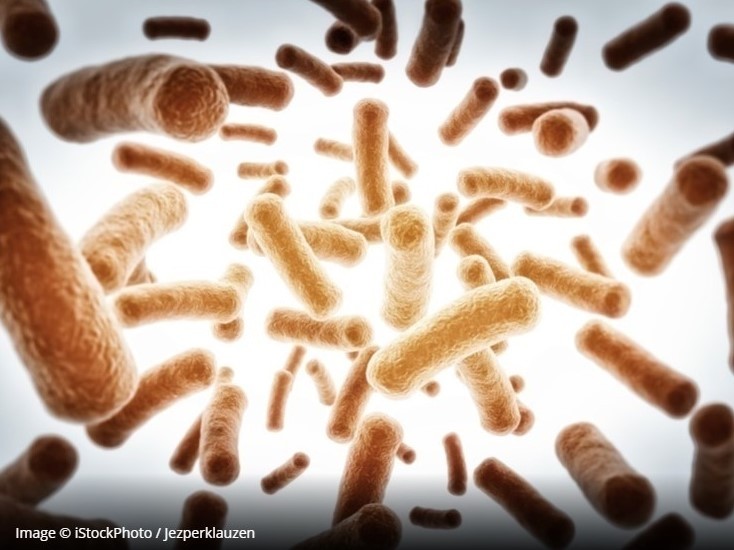Industry groups call for regulatory and consumer clarity of ‘probiotic’ term

Released earlier this month, the statement aims to build on knowledge of the category, improve diets and promote best practices in regulatory and non-regulatory processes.
“IPA Europe and the EDA note the contribution that the probiotic sector can make to deliver on a number of objectives listed by the European Commission in the Farm to Fork [strategy],” the statement reads, signed by IPA Europe’s Executive Director Rosanna Pecere and EDA’s Secretary General Alexander Anton.
“These objectives are making relevant and reliable information available to the consumers and motivating consumers to make decisions on good and healthy diets in a sustainable perspective.
“Other objectives include using a more flexible approach to regulatory and non-regulatory measures to promote best practices and making use of research and innovation.”
Consumer info
Discussing further how category interest is hampered by a lack of knowledge and product information, the organisations explain how current food labelling principles providing information for consumers is not applied to probiotics.
IPA Europe and EDA believe the European Commission view of the term ‘probiotic‘ is that it is considered an implied health claim and therefore not permitted on labels and communication of food products and food supplements.
“The current situation penalises European manufacturers of probiotic foods and dietary supplements,” they state.
“We call for clarification of the definition of the term ‘probiotic’ and a harmonised regulatory framework at EU level, in line with the spirit and the letter of the legal framework for food.”
The organisations also highlight differing European interpretations of probiotics that has led Member States to allow the term’s use, creating adverse effects to the functioning of the European Single Market.
“It is accepted in some countries but not in others and based on the principle of ‘mutual recognition’, the product legally produced in a country allowing the use of the term probiotic is in free circulation in the EU,” the statement adds.
“The associations are claiming the opportunity to build a coherent and harmonised approach for the use of the term ‘probiotic’ in Europe.
“EU food business operators should be able to rely on harmonised rules across the EU to avoid potential barriers within the Single Market.”
Broaden interpretations
Other recommendations put forward include the need to broaden the interpretation of the term ‘probiotic’ given by the European Commission.
IPA Europe and the EDA argue that it should not be regarded as a health claim considering its use in naming the category of substances that characterises food and food supplements, or when used to describe the food without mentioning health effects.
This is confirmed by the EFSA guidance indicating that the term ‘probiotic’ cannot be allowed as a health claim, as it is not sufficiently precise regarding which health benefit it supposedly offers.
“We advocate that the use of the term ‘probiotic’ differs from claiming a specific health effect, as defined by the Nutrition and Health Claims Regulation,” the statement adds.
We contend that the European approach should be reviewed to reflect the reality that probiotics are a category of substances that characterises food and food supplements.
“The term ‘probiotic’ should be allowed on food labels as voluntary information, according to the Nutrition and Health Claims Regulation, subject to meeting specific criteria and conditions of use.















